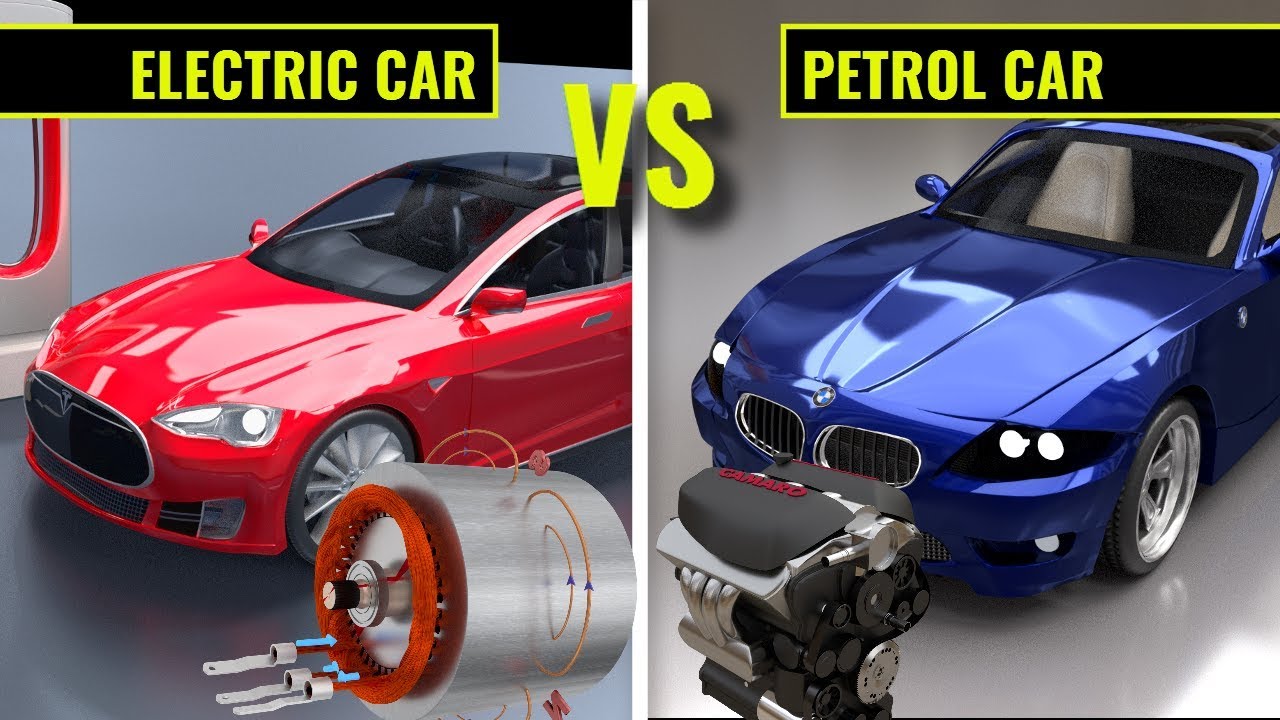
Internal combustion engines have been ruling the streets for decades now. They power the majority of cars around the world. People get up in the morning, head for their cars, hit the ignition, and hope the engine comes to life so that they won’t be late for work.
But technology is ever-advancing, and with that comes new ground-breaking ideas that have the potential to be revolutionary. Although electric cars have been here for more than a decade, it is only now through advancements in certain technologies that we are witnessing a surge in their production.
Tesla is a renowned car manufacturer that is heavily pushing electric cars. Nothing in Tesla’s entire lineup smells of gasoline – it is strictly an electric car manufacturer. Several other car manufactures including Mercedes, Audi, BMW, also produce electric vehicles among the overwhelming majority of their carbon-emitting variants.
But why are electric cars gaining more popularity? To answer that, let us discuss the fundamental differences between the internal combustion engine and electric engine in an abstract view.
Internal Combustion Engine
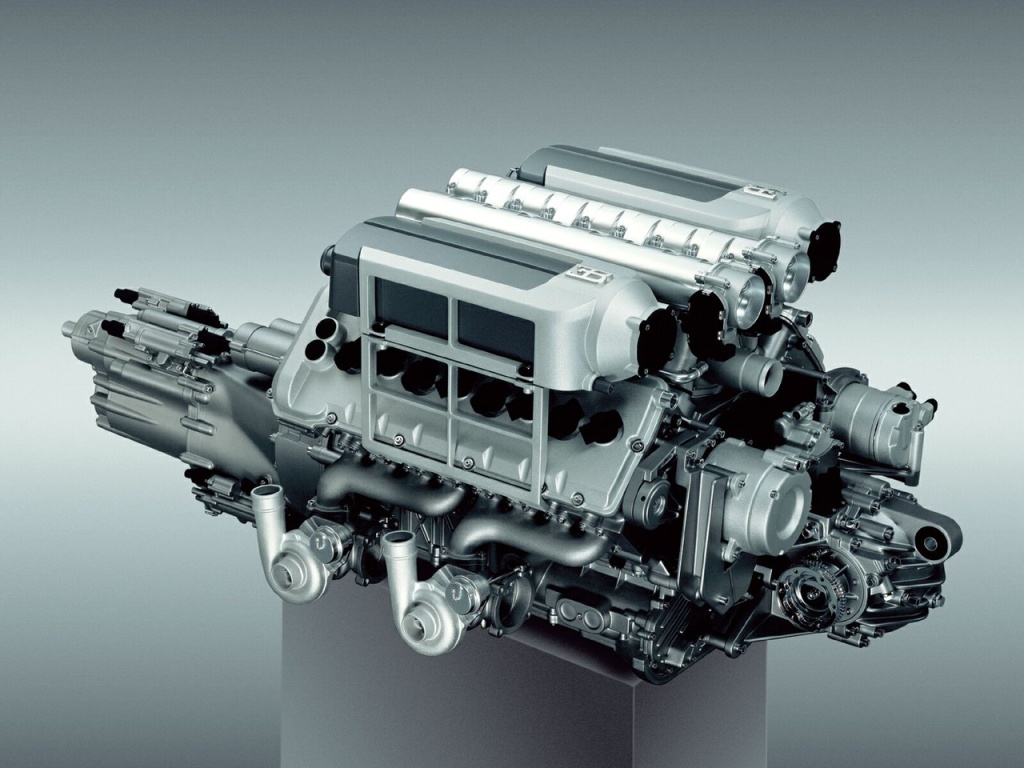
In simplest terms, combustion means burning. It is an exothermic chemical reaction that involves fuel and oxidants. This principle lies at the heart of internal combustion engines. Some fuel, some air, and a few dozen parts working together to control the process.
Heat produced as a result of combustion is used to propel a car from its stationary position. You can now understand why the process of starting the engine is called “ignition.”
Electric Engine
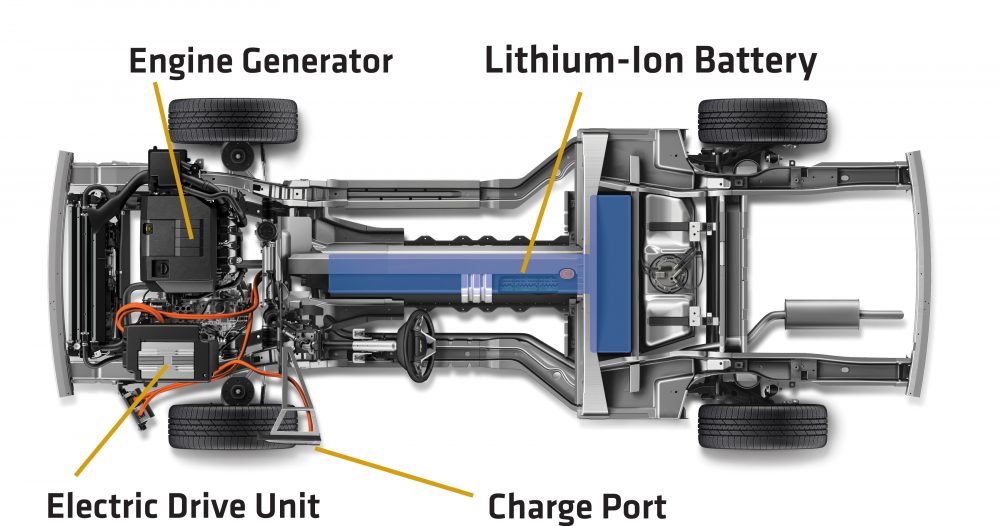
When compared to internal combustion engines, electric engines have no moving parts. In fact, it only has a couple of essential parts.
The concept of electric engine revolves around magnetism. The engine draws power from the battery, creating a magnetic force that propels the car forward. The three primary components of an electric car are the electric motor, controller, and battery.
Lithium-ion is the most common battery used in electric vehicles.
Differences That Set Electric Vehicles Apart
Electric cars are much faster than their combustion counterparts. This is because electric cars can produce high torque from the get-go, whereas combustion engines reach that torque after gaining speed. It gives electric cars the edge in launch speed and helps reach 0 to 60 in shorter times. The lightweight factor, due to the absence of kilos worth of metal under the hood, plays a major role.
And because there are no moving parts, the cost of maintenance is much lower – forget about changing oil – the biggest reoccurring cost will be the battery. Universal components such as the windshield and auto glass, wipers, tires will still need attention.
Electric cars utilize Lithium-ion batteries that need a recharge. Due to the nature of Lithium-ion technology, its capacity to hold power degrades over time. Electric car owners can expect fewer miles over time.
However, it has improved a lot. And Tesla is hard at work to create an alternative to Lithium-ion that will revolutionize even smaller devices like cell phones and laptops.
Because electric cars do not rely on combustion, there is almost zero emission from the tail-pipe.
Climate change is one of the biggest challenges looming over mankind. With ice caps melting at a rapid pace, countries around the world are experiencing a drastic change in their climates, and wildlife is getting affected too. In such times, the push for environment-friendly cars is becoming more important.
Although electric cars on the road are increasing, it is still light-years ahead of replacing every combustion vehicle on the planet. It is still very much a first-world luxury.
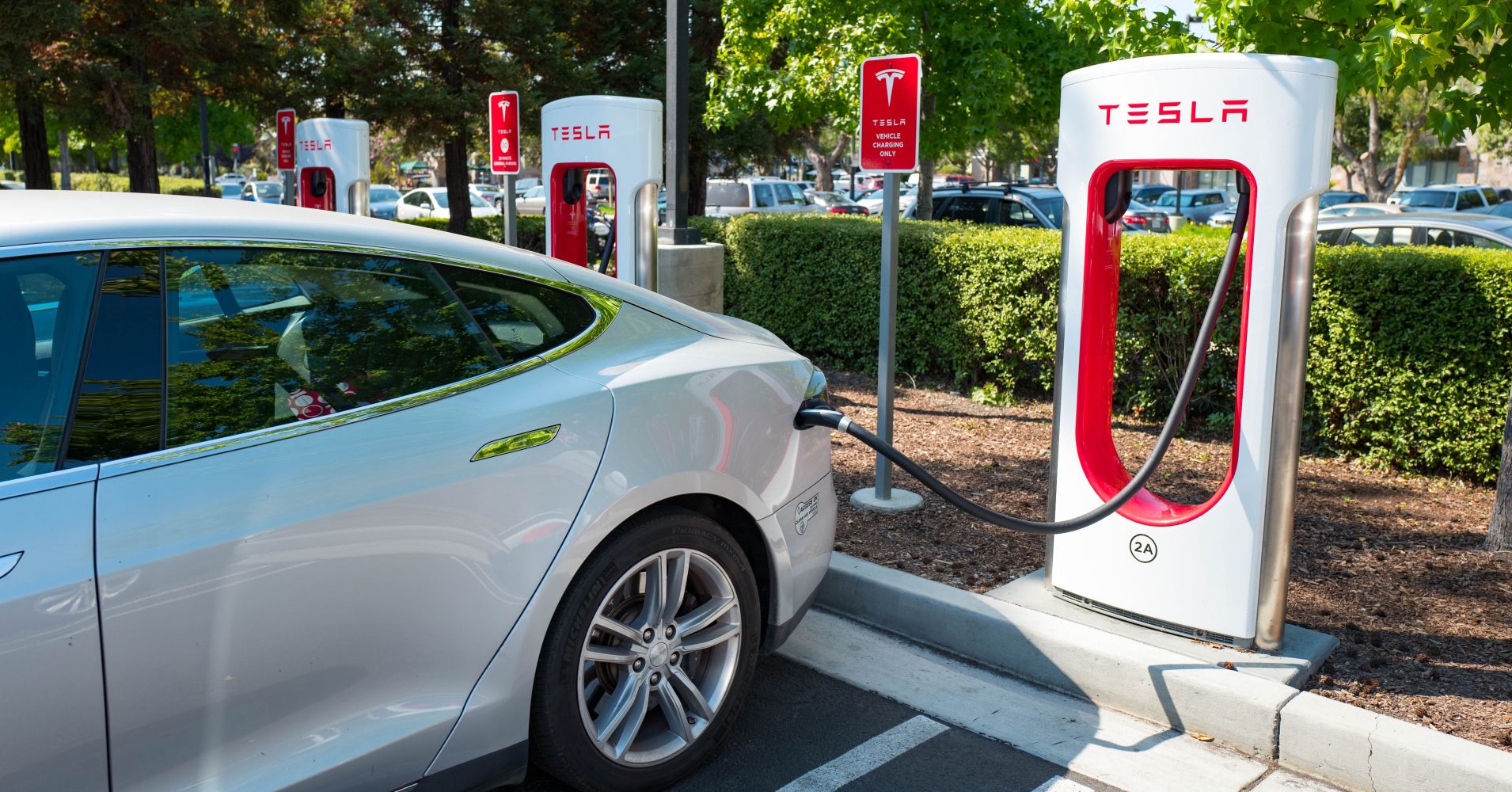
Even if you were to import an electric car, it wouldn’t be of any use for long trips. The lack of power stations prevents you from taking your car outside of its estimated mileage.
Most car enthusiasts prefer a combustion vehicle simply because it gives them an immense joy to put the pedal down and hear the engine roar in its glory – something electric cars can’t do.
 Dynamics 365 Virtual En...
Dynamics 365 Virtual En...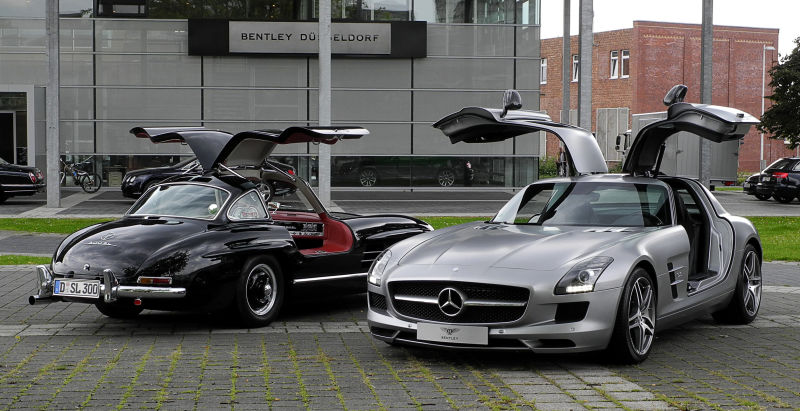 Modern Cars vs. Classic...
Modern Cars vs. Classic... What does the clover le...
What does the clover le... 15 words only total car...
15 words only total car...